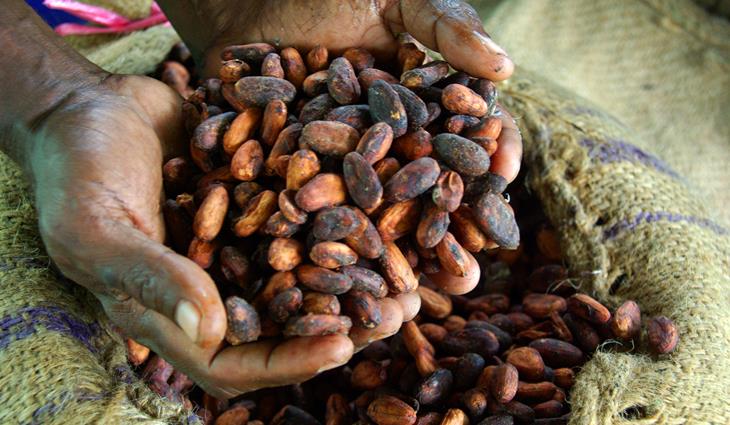
Faced with the prospect of steep new US tariffs, Côte D’Ivoire is re-evaluating its international trade alliances, signalling a potential shift towards closer economic ties with the European Union. The 21% tariff proposed by the Trump Administration, the highest in West Africa, has raised alarm in Abidjan, where officials fear a damaging blow to the country’s cocoa exports.
In response, Agriculture Minister Kobenan Kouassi Adjoumani stated on April 14 that Côte D’Ivoire would explore broader partnerships with the EU as a strategic countermeasure, positioning Europe as an alternative market should US demand falter.
Rather than focusing solely on retaliatory price increases, officials appear more concerned with maintaining market access and revenue stability. While Côte D’Ivoire cannot directly control global cocoa prices, it may adjust export levies to mitigate the impact of lost earnings—though such moves would ultimately burden end consumers. By highlighting this, Adjoumani is underscoring the broader consequences of trade protectionism, warning that American chocolate lovers could find themselves paying more for their treats as a result of Washington’s policy choices.
This latest tariff dispute also sheds light on the vulnerabilities of commodity-dependent economies navigating a shifting global trade landscape. As the world’s largest cocoa producer, Côte D’Ivoire’s reliance on stable export markets makes it particularly sensitive to abrupt policy changes in major economies. The situation is prompting a reassessment of trade diversification and long-term resilience, with the government now actively seeking to strengthen its European partnerships. For Ivorian officials, the goal is clear: safeguard the nation’s economic lifeline while avoiding overdependence on any single trading partner.
